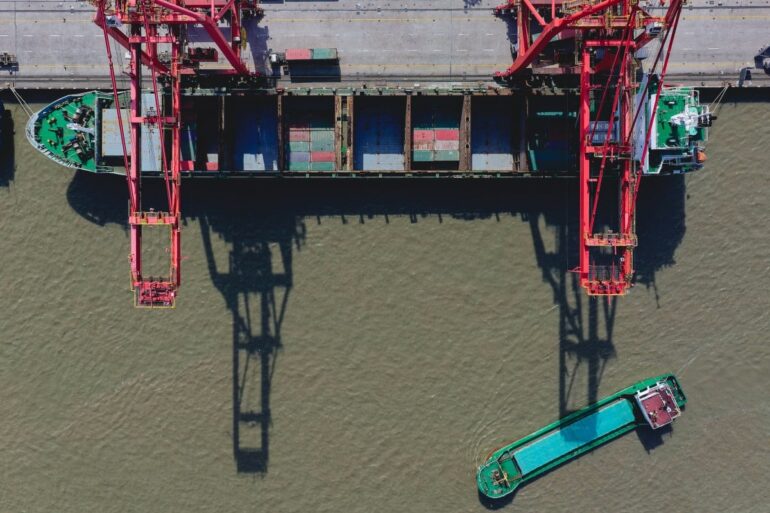The global economy is trembling as tensions between the United States and China reach new heights in a fierce trade war. On April 21, 2025, China issued a stern warning to nations aligning with the US in efforts to isolate Beijing economically. This comes as the US, under President Donald Trump, has imposed staggering tariffs of up to 145% on Chinese goods, while Beijing has retaliated with 125% duties on American imports. The stakes are high, and China’s Ministry of Commerce has made it clear: any country making deals with the US at China’s expense will face serious consequences.
A Tiger’s Skin: China’s Defiant Stance
China’s Ministry of Commerce didn’t mince words, likening nations that side with the US to someone foolishly trying to “bargain with a tiger for its skin.” This vivid metaphor underscores Beijing’s view that such actions are not only doomed to fail but will also harm those who try. The ministry accused the US of “unilateral bullying” and “economic hegemony,” arguing that Washington’s tactics violate international trade norms. “China will never accept it and will resolutely take reciprocal countermeasures,” a spokesperson declared, signaling Beijing’s readiness to fight back against any nation that supports US-led efforts to curb its economic influence.
The trade war has already sent shockwaves through global markets, sparking fears of a worldwide recession. While the US has slapped a blanket 10% tariff on most countries, China faces far harsher levies, prompting accusations of unfair targeting. In response, Beijing has shown both determination and capability to defend its interests, vowing to protect its economy from what it sees as coercive pressure from the US.
Global Ripple Effects
The escalating tariffs are reshaping international trade. Countries caught in the crossfire are now negotiating with the US to secure lower tariffs, but China warns that any deals made at its expense will trigger retaliation. For example, if a nation agrees to limit trade with China in exchange for US tariff relief, Beijing promises to hit back with economic measures of its own. This could mean higher tariffs, trade restrictions, or other punitive actions, creating a risky dilemma for nations trying to navigate the US-China rivalry.
The trade war’s impact is already visible. Global markets have been volatile, with investors worried about the fallout from disrupted supply chains and rising costs. For instance, US consumers may soon feel the pinch as prices for tech gadgets and other imported goods climb due to tariffs. Meanwhile, China is exploring nontariff measures, such as limiting rare earth exports critical for high-tech products, to strengthen its position in the conflict.
Trump’s Tariff Gamble
President Trump has defended his aggressive tariff policies, claiming they’ll reset global trade in America’s favor. He’s expressed confidence that the US and China could eventually strike a deal to end the trade war, but Beijing sees things differently. Chinese officials argue that Trump’s tactics are backfiring, alienating allies and destabilizing the global economy. “Trying to trade away others’ interests for temporary gains will only backfire,” China’s Ministry of Commerce warned, suggesting that the US risks isolating itself by pressuring other nations to choose sides.
Some analysts agree with China’s perspective, noting that the trade war could divert Chinese goods to markets like Europe, potentially flooding them with cheaper products and creating new economic challenges. Others warn that the tit-for-tat tariffs could lead to a prolonged standoff, with no clear winner. As one analyst put it, “There isn’t one ‘right’ response to Trump’s tariffs,” highlighting the complex geopolitical dynamics at play.
What’s Next?
As the US and China dig in, the world watches anxiously. China’s threat of retaliation puts pressure on nations to think carefully about their alliances. Will they risk Beijing’s wrath to secure better trade terms with the US, or will they resist Washington’s demands to maintain good relations with China? The answers could shape the global economy for years to come.
For now, China is standing firm, ready to defend its interests with “resolute and forceful” measures. The trade war shows no signs of cooling down, and with both superpowers locked in a high-stakes battle, the ripple effects will likely be felt far beyond their borders. As Beijing warned, those who seek short-term gains at China’s expense may find themselves caught in a trap of their own making—like trying to skin a tiger that’s very much awake.
